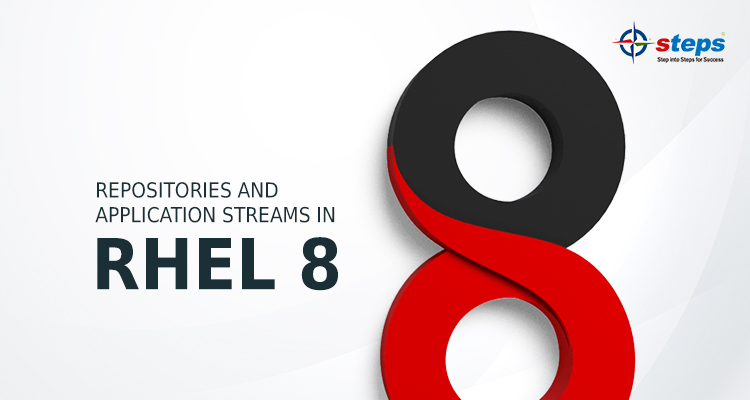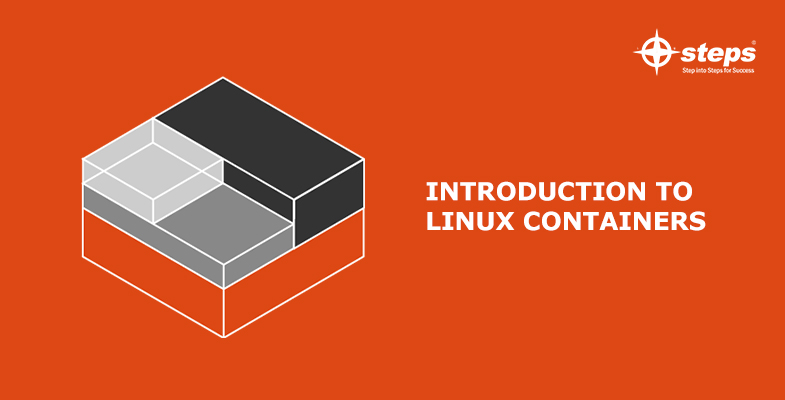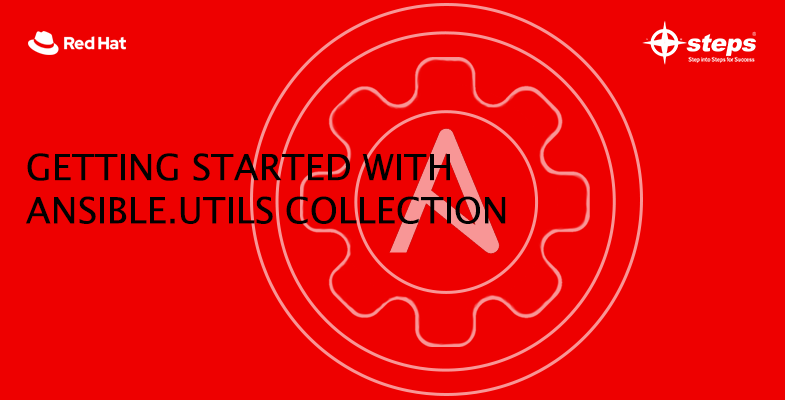REPOSITORIES AND APPLICATION STREAMS IN RHEL 8

Red Hat Enterprise Linux 8 is distributed through two main repositories:
- BaseOS
- AppStream
Both repositories are necessary for a basic RHEL installation and are included in all RHEL subscriptions.
The content in the BaseOS repository is designed to provide the foundation for all installations by providing the fundamental set of underlying OS functions. This material is provided in RPM format and is subject to the same support terms as previous RHEL releases.
Additional user space programmes, runtime languages, and databases are available in the Application Stream repository to serve a variety of workloads and use cases. Application Streams are available in the traditional RPM format, as well as modules, which are an extension of the RPM standard, and Software Collections. In addition, all RHEL subscriptions get access to the CodeReady Linux Builder repository. Developers can utilize it to get more packages. The CodeReady Linux Builder repository contains unsupported packages.
Application Streams
Application Streams are a new feature in Red Hat Enterprise Linux 8. User space components are now distributed and updated more frequently than core operating system packages in many versions. This gives you more freedom to customize Red Hat Enterprise Linux without jeopardizing the platform’s fundamental stability or specific deployments.
In RHEL 8, components made accessible as Application Streams can be packaged as modules or RPM packages and provided via the AppStream repository. Each component in the Application Stream has a defined life cycle, which is either the same as RHEL 8 or shorter. See the Red Hat Enterprise Linux Life Cycle for further information. Modules are logical units made up of packages that represent an application, a language stack, a database, or a group of tools. These packages are all created, tested, and released at the same time.
Versions of the Application Stream components are represented by module streams. The postgresql module, for example, has many streams (versions) of the PostgreSQL database server, including the default postgresql:10 stream. On the system, only one module stream can be installed. Separate containers might be utilized for different versions.
Hoped reading through this article helped you gain an idea of it. If you want to know more in depth, you can connect with our RHCSA training center in Kochi. This can help you gain sufficient information on this subject. If you are planning to start a new journey or to renew your existing knowledge, then enroll into Best RHCSA courses in Kochi, at STEPS Kochi.



